
Unveiling the Potential of B2B Marketplaces: Key Features and Benefits for Owners, Buyers, and Sellers
Alexandr Orlenko | November 14th, 2023
B2B marketplaces empower owners with revenue, branding; offer buyers efficient sourcing; provide sellers market reach. Platforms ensure cost-effective, scalable, and secure operations, shaping the future of commerce.

Easy Tax Compliance with the power of Machine Learning
Info Setronica | November 9th, 2023
ML automates supplier onboarding, tax ID validation, earnings allocation & 1099 form filing for accurate, timely compliance. Reduces errors & costs.
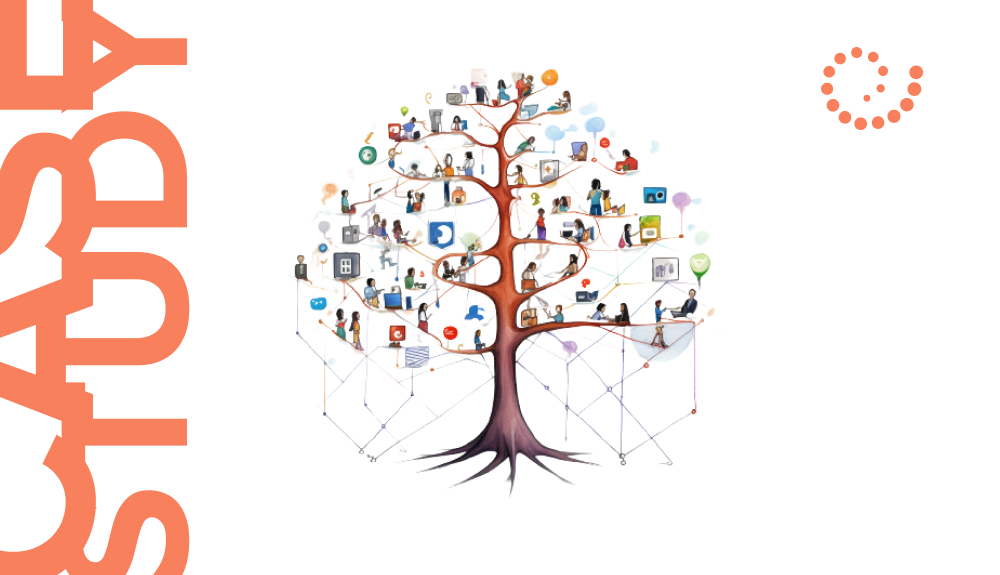
Empowering Change Through The Ethical Social Network
Ksenia Nikolaenko | November 8th, 2023
Ethical Social Network: MVP revolutionizes nonprofit fundraising, ensuring transparency and compliance for impactful change.
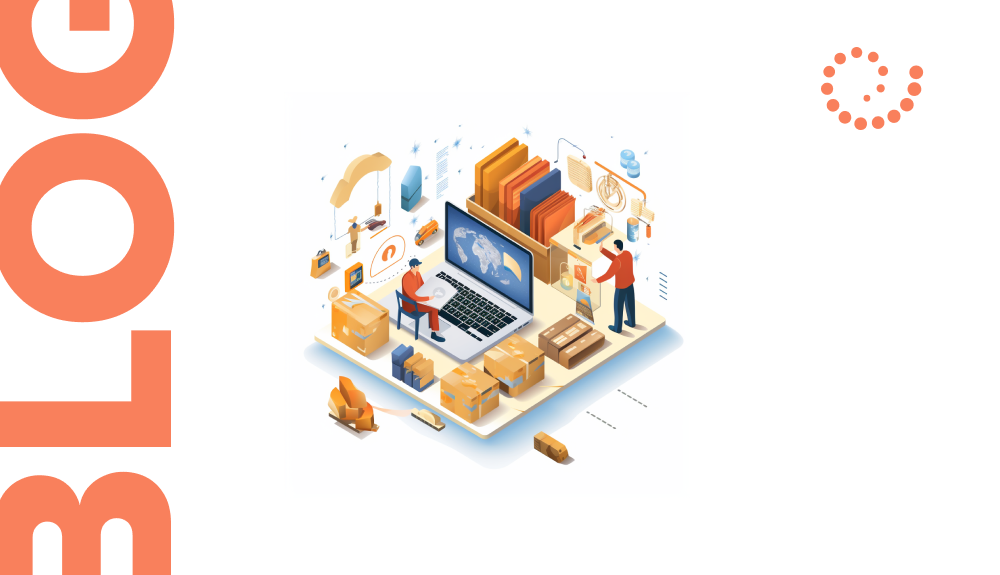
Why The Business Needs to Run The Marketplace
Alexandr Orlenko | October 13th, 2023
B2B marketplaces streamline business transactions. Adapt to the digital era for a competitive edge.
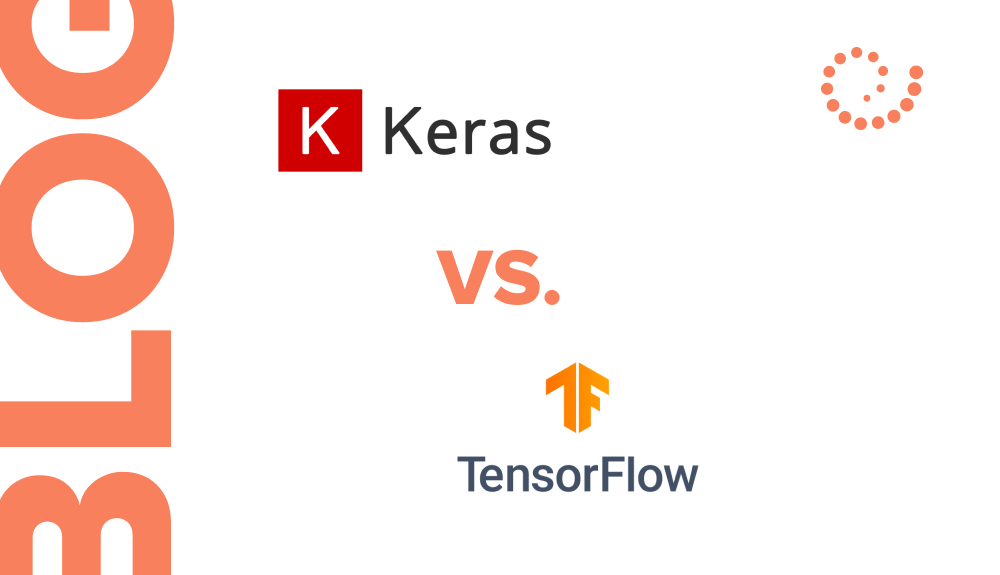
Keras vs. TensorFlow: Understanding the Powerhouse Duo of Deep Learning
Ksenia Nikolaenko | October 5th, 2023
Keras and TensorFlow complement each other, choose based on needs and expertise.
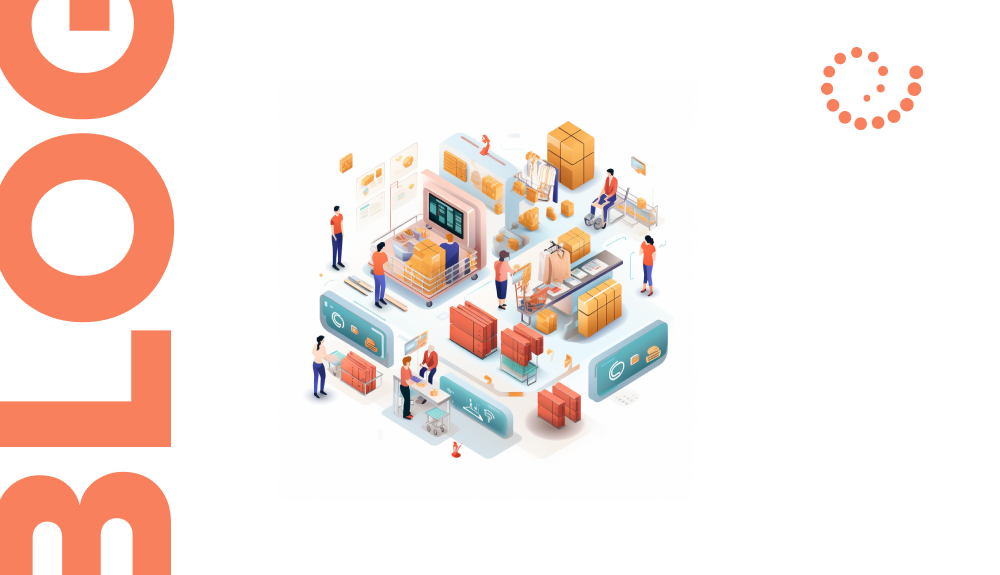
Involving Sellers in Integrating Product Catalogs into eProcurement Systems
Alexandr Orlenko | September 19th, 2023
Drive network growth by simplifying integration and cultivating seller loyalty.

Navigating AI Business Models and Data Challenges
Ksenia Nikolaenko | September 14th, 2023
Exploring AI business models & data challenges: overcoming data availability, quality, privacy, bias, and regulatory hurdles for AI success.
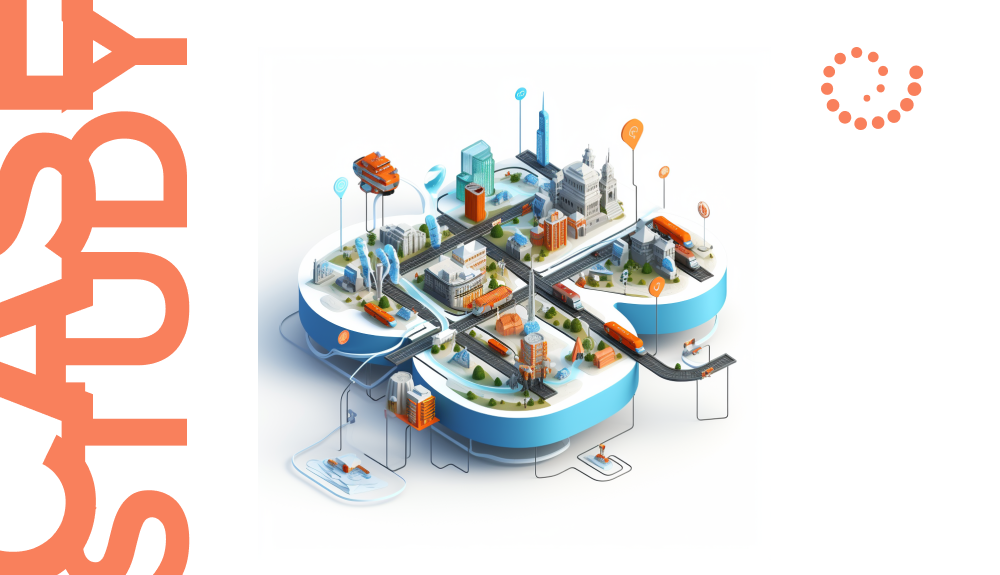
Streamlining Infrastructure for a Social Connection Platform
Ksenia Nikolaenko | September 13th, 2023
Streamlining infrastructure transformed a California company’s growth, embracing Terraform for efficient scaling and rapid deployment.
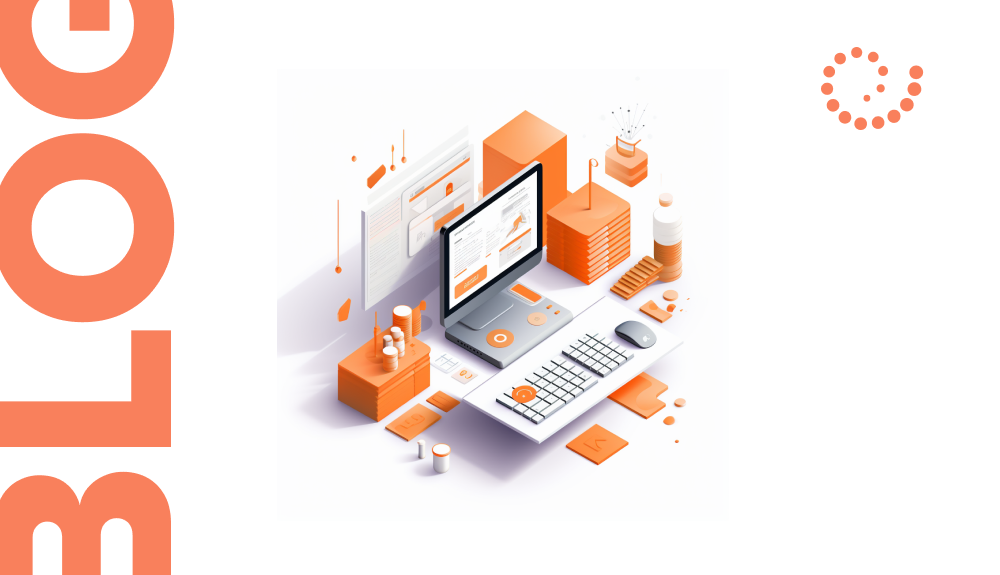
Mastering Smart Invoicing through Seamless Supplier Integration
Alexandr Orlenko | September 5th, 2023
Seamless supplier integration is crucial in modern commerce. From buyer’s complexity to seller diversity, it’s all about creating value through code.

Optimizing Real-Time Data Science Operations for a Leading Fashion and Apparel Company
Ksenia Nikolaenko | August 30th, 2023
Through data science acumen and intricate technical implementations, we have catalyzed profound enhancements in real-time recommendations, trend calculations, and operational efficiency.
Recent Posts
- Rapid Hypothesis Testing for Driver Retention in Delivery Service
- How Setronica Created an AI Slack Bot, Part 3: Putting Our Bot to Work
- Building a Reliable Monthly Accrual Report: Overcoming Challenges and Implementing Solutions
- From Chaos to Clarity: Transforming Promo Code Management
- How to Scale a Delivery Platform to Market Leadership
